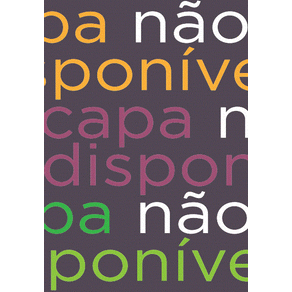Stroke patients continue to present a major challenge to the rehabilitation professions. In particular, the "rehabilitated" patient with a useless hand remains an all too common phenomenon. This book focuses on the sensory perceptual disturbances caused by stroke which, even if slight can be the crucial factor in poor hand function. A wide-ranging review is presented of the processes of functional reorganisation by which the brain responds to the demands posed by injury as well as by learning. An inescapable conclusion from this literature is that any therapy which aims to harness these processes for the restoration of function after stroke needs to engage the patient's attention and motivation. This is followed by a detailed description of the method of Sensory Re-education developed by the author through long experience with patients and culminating in a clinical trial which establised its effectiveness. While the book is intended primarily for physiotherapists and occupational therapists, it contains much to interest all who are concerned with brain function in health and disease, including neurologists and neuropsychologists, as well as stroke patients and their families.

